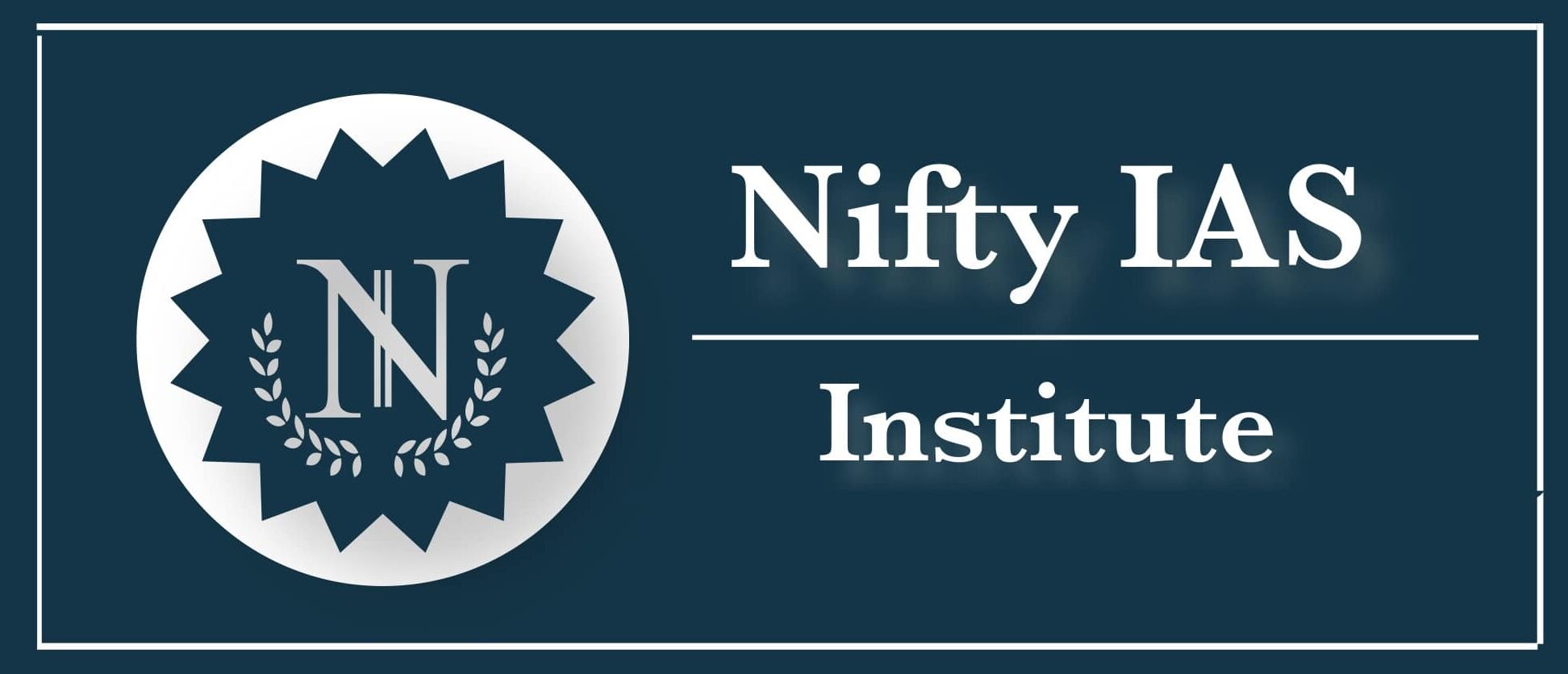The metaverse is a hypothesized iteration of the internet as a single, universal and immersive virtual world that is facilitated by the use of virtual reality (VR) and augmented reality (AR). In the metaverse, users can interact with each other and with digital content in ways that are not currently possible on the internet.
The metaverse is still in its early stages of development, but it has the potential to revolutionize the way we interact with the internet, work, play, and learn.
What is the metaverse?
The metaverse is a broad term that encompasses a variety of different technologies and concepts. It is often described as a virtual world that is persistent, immersive, and interactive.
The metaverse is not a single, unified platform. Instead, it is a collection of different virtual worlds, experiences, and applications that are interconnected.
Some of the key technologies that are being used to build the metaverse include:
- Virtual reality (VR): VR headsets create a fully immersive experience that allows users to feel like they are actually inside the virtual world.
- Augmented reality (AR): AR overlays digital content onto the real world. This can be used to create interactive experiences that blend the physical and digital worlds.
- Mixed reality (MR): MR is a combination of VR and AR. It allows users to interact with both digital and physical objects in the same space.
- Blockchain: Blockchain is a secure and transparent way to record transactions. It can be used to create a digital ledger of ownership for virtual assets.
The potential benefits of the metaverse
The metaverse has the potential to offer a number of benefits, including:
- Increased social interaction: The metaverse can provide a new way for people to connect with each other and socialize. This could be especially beneficial for people who are isolated or who have difficulty socializing in the real world.
- Improved communication: The metaverse can make it easier for people to communicate with each other, regardless of their location. This could be useful for businesses, education, and other organizations.
- Enhanced learning: The metaverse can be used to create immersive and interactive learning experiences. This could help students to learn more effectively.
- New economic opportunities: The metaverse could create new economic opportunities, such as jobs in VR development and AR design.
- Improved healthcare: The metaverse could be used to provide remote healthcare services and to train medical professionals.
The challenges of the metaverse
The metaverse is still in its early stages of development, and there are a number of challenges that need to be addressed before it can be fully realized. These challenges include:
- Technical challenges: The metaverse requires a high level of technical expertise to develop and maintain. This could make it difficult for smaller businesses and organizations to participate.
- Privacy and security concerns: The metaverse will collect a lot of data about users, which could raise privacy and security concerns.
- Addiction: The metaverse could be addictive, especially for young people. This could have negative consequences for mental health and well-being.
- Environmental impact: The metaverse could have a significant environmental impact, due to the energy consumption required to power it.
The future of the metaverse
The metaverse is still a developing technology, but it has the potential to revolutionize the way we interact with the internet, work, play, and learn.
It is still too early to say what the future of the metaverse holds, but it is clear that it is a technology that has the potential to change the world.
Conclusion
The metaverse is a complex and rapidly evolving technology. It is still too early to say what the future of the metaverse holds, but it is clear that it is a technology that has the potential to change the world.
